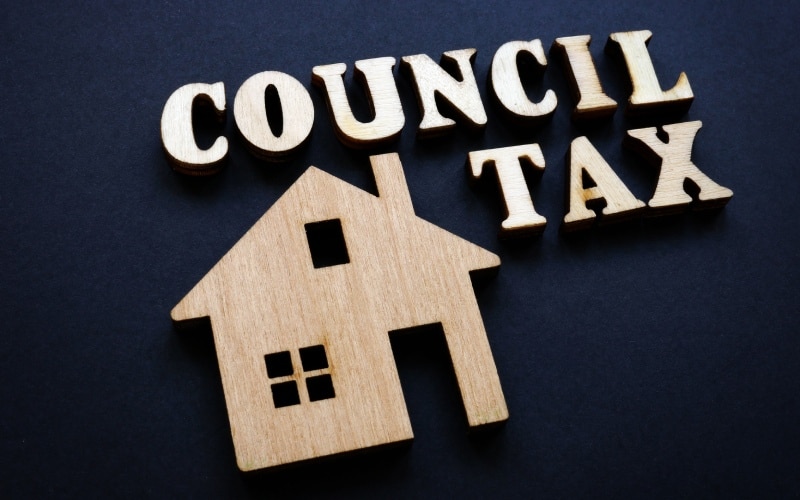Who Pays Council Tax in Scotland – Tenant or Landlord?

Council tax is a charge which must be paid to local authorities for all residential properties across the UK – including in Scotland.
Responsibility for the tax falls to the so-called ‘liable person’. Usually, this will be someone living at the property, whether they are the owner occupier or the tenant.
If you’re a Glasgow landlord, confused about who is responsible for the charge, read on for our complete guide to council tax in Scotland.
How does council tax work in Scotland?
Council tax is a charge paid to local authorities across the UK to help fund services in your area, such as social care, waste and recycling collections, education and planning. In Scotland, each council tax bill includes charges for water and waste, which are collected on behalf of Scottish Water.
How is council tax calculated in Scotland?
Council tax was introduced in Scotland 1993, and the amount you will pay is based the valuation band your property falls into. Properties in Scotland were last valued in in 1991 and placed in valuation bands from A to H. You can find out what band a property is in by visiting the Scottish Assessors Association website.
Some people are exempt from paying council tax or may be entitled to a discount.
When is the landlord responsible for paying council tax?
In Scotland, it is the case that the person living at a property is liable to pay council tax, the landlord or owner is responsible for the void period between tenancies – read more on the Glasgow City Council website.
When is the tenant responsible for paying council tax?
The tenant is responsible for paying council tax for the duration of their tenancy.
Do students pay council tax in Scotland?
If everyone living at a property is a full-time student, the owner or tenant may apply for a council tax exemption. If some of the residents are students, the amount payable might be reduced.
For the purposes of council tax, a student is someone undertaking a specified full-time course at a college or university for 21 hours or more a week for at least 24 weeks. The rule also applies to someone under 20 in non-advanced education, undertaking a course lasting at least 12 hours a week for at least three months.
Full-time students must apply for an exemption or discount – it is not granted automatically.
What happens if I or my tenant can’t pay the council tax?
If the person liable for council tax is struggling to pay, they should contact their local council immediately. The council will check whether they are entitled to any discounts or exemptions and may be able to give more time to pay. For properties in Glasgow, find out more on the city council website.
What if no one lives in the property?
Landlords are responsible for council tax on empty properties; however, discounts and exemptions may be available.
In Glasgow the council will grant an exemption on the property if it is unoccupied and unfurnished. If the property is furnished, but unoccupied, the council will grant a discount, which will apply from the date the last person leaves. An unfurnished, unoccupied property will be exempt for up to six months before going onto the discounted rate. Exemptions and discounts cease if someone moves into the property.
If you’re a Glasgow landlord, we at letting agent Western Lettings would be happy to advise you about renting out property in the city. To find out more about our services for landlords please get in touch.


